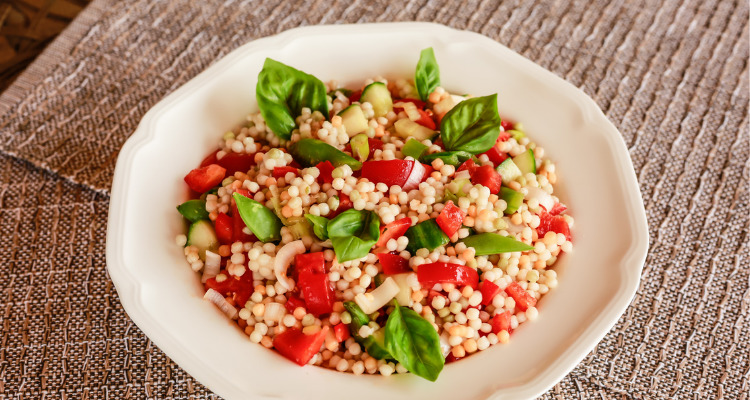Keep Your Kidneys In Tip Top Shape

- Manage your blood pressure.
- If you have diabetes, keep blood sugar in a healthy range.
- Maintain a healthy weight with a plant-based diet, low fat eating plan and daily physical activity.
- How Do Kidneys Work
The kidneys are two fist-sized organs that sit on either side of your spine just below the rib cage. The kidneys remove wastes and extra fluid as well as acid produced by the cells in your body to maintain a healthy balance of water, salts, and minerals such as sodium, calcium, phosphorus, and potassium in your blood.
Kidneys also make hormones that help control blood pressure, make red blood cells, and keep bones strong and healthy.
Nephrons are the filtering organs that receive blood from the renal artery as it passes through your kidneys. (There are about a million nephrons in each kidney.) The glomeruli, which are microscopic blood veins, filter your blood within each nephron. Smaller molecules, trash, and fluid—mostly water—can flow into a tubule thanks to the glomerulus' thin walls. Proteins and red blood cells, which are larger molecules, remain in the blood arteries and exit the kidney through the portal vein. While wastes and a little amount of water flow to the bladder to be expelled as urine, the tubule reabsorbs the majority of the water along with nutrients and minerals that also travel to the portal vein.
Kidney Stones
You already know how painful kidney stones can be if you've ever had one. Kidney stones are more common in men than in women.
Uric acid or calcium oxalate stones are the most typical types of stones. Your risk of oxalate stones is not increased by dietary calcium. The urine typically removes additional calcium that the bones don't require. If it doesn't, calcium will remain in the kidneys and will eventually form a stone. When there is too much acid in your urine, uric acid stones can develop. A diet high in meat, shellfish, and fish may cause an increase in uric acid in the urine.
Pain Relief Medications
Non-prescription pain relief medications, called analgesics, such as aspirin, ibuprofen (Advil, Motrin IB), naproxen (Aleve), and acetaminophen (Tylenol) may cause kidney damage if used long term and at high doses. Read the warning label on the package. Check with your doctor if you have kidney disease. Even with normal kidney function you should use analgesics:
- Exactly as prescribed
- At the lowest dose possible
- For the least amount of time
If you have CKD, request a referral from your doctor is see a registered dietitian-nutritionist to help you develop a kidney friendly healthy eating plan.
Recipe Tip
 Summer Couscous Salad
Summer Couscous Salad
1 cup pearl couscous
1/2 teaspoon salt
2 teaspoons olive oil
1 cup cherry tomatoes cut in half or 1 cup tomatoes cut in small chunks
1/3 cup thinly sliced green onions
1/2 cup diced English cucumber (with skin and seeds)
1/2 cup sugar snap peas cut in half diagonally
2 tablespoons Italian dressing
In a medium saucepan simmer 1-1/2 cups water. Add couscous, salt, and olive oil. Cover slightly and simmer 8 to 10 minutes until couscous is firm but tender. Drain. Pour into a bowl. Toss with a fork to keep couscous from sticking. Chill just until cold. Toss in remaining ingredients. Chill again. Garnish
No comments:
Post a Comment
if You Have Any Doubit.Please let me know